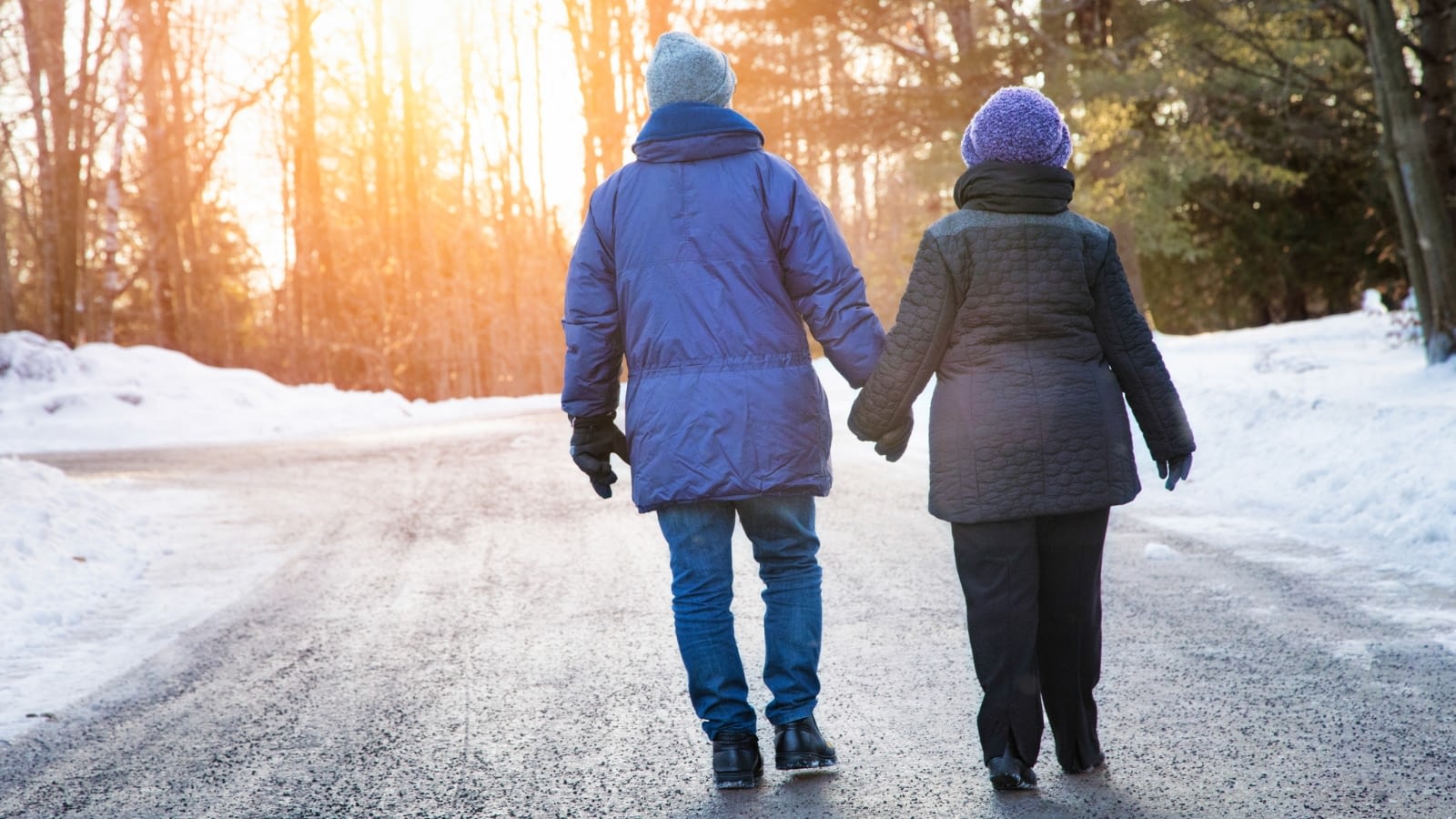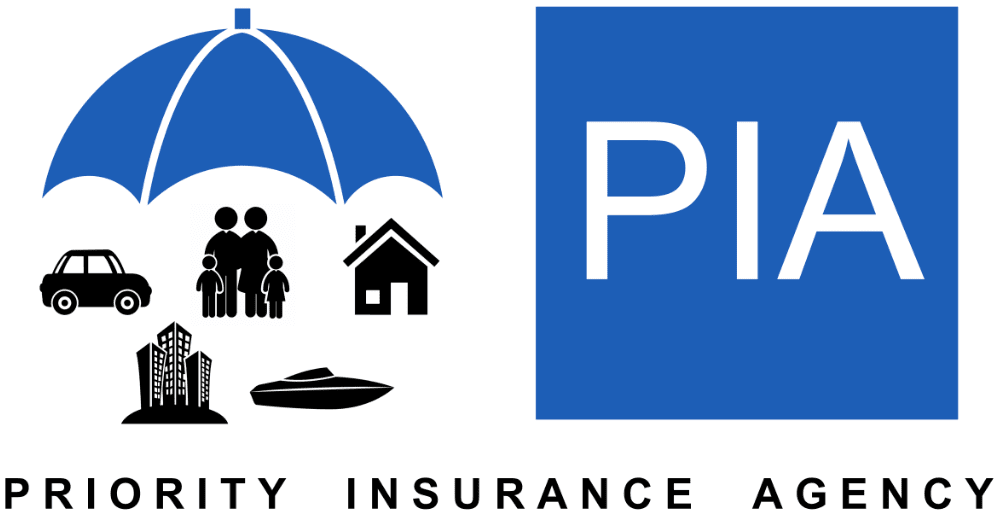Winter Safety Tips for Seniors

Winter is a magical season with its snowy landscapes and the joy of the holiday season. However, it also brings challenges, especially for seniors. Cold weather, slippery sidewalks, and shorter daylight hours can pose safety risks. To ensure a safe and enjoyable winter, we’ve gathered some essential tips for seniors to stay healthy and secure during the coldest months of the year.
1. Dress Warmly
Layer up to stay warm and cozy. Wear insulated clothing, including thermal socks, a heavy coat, gloves, and a hat. Don’t forget a scarf to protect your neck and face from the cold wind.
2. Stay Active
Regular physical activity is vital for maintaining good health, even in the winter. Find indoor activities you enjoy, such as walking in a mall or practicing gentle exercises to keep your body moving.
3. Watch Your Step
Snow and ice can create slippery surfaces. Invest in non-slip footwear with good traction and use a cane or walker if needed. Keep pathways clear of snow and ice and use salt or sand to prevent falls around your home.
4. Stay Hydrated
Winter can be deceptively dry, and seniors are more prone to dehydration. Continue to drink water regularly, even if you don’t feel as thirsty as in the summer.
5. Maintain a Healthy Diet
Eating a well-balanced diet is essential for maintaining your health during winter. Consume plenty of fruits and vegetables and include foods rich in vitamin D and calcium to support bone health.
6. Prevent the Spread of Illness
Flu season peaks during the winter, and seniors are at higher risk for complications. Get your flu shot, practice good hand hygiene, and avoid close contact with individuals who are sick.
7. Be Sun Smart
Even during winter, exposure to the sun’s UV rays can damage your skin. Apply sunscreen to exposed skin outside to protect yourself from harmful UV rays.
8. Stay Connected
Winter can bring feelings of isolation. Stay connected with friends and family. Consider joining social groups or participating in activities that interest you.
9. Prepare for Emergencies
Winter storms can cause power outages and other emergencies. Ensure you have a flashlight, batteries, non-perishable food, and other essentials in case of a power outage. Keep important phone numbers handy.
10. Seek Medical Advice
If you have any health concerns or medication changes, don’t hesitate to reach out to your healthcare provider. They can offer guidance to ensure your well-being during the winter season.
11. Home Safety
Keep your home safe by checking smoke detectors and carbon monoxide detectors. Make sure your heating system is in good working order, and consider using a space heater safely if needed.
Winter is a wonderful time to enjoy the season’s unique beauty and holiday festivities. By following these safety tips, you can make the most of winter while staying safe, healthy, and comfortable. Embrace the season and cherish the moments it brings, surrounded by warmth and well-being.
If you have any specific health concerns or require more personalized advice for staying safe during the winter, consider contacting your healthcare provider for guidance tailored to your needs.
For additional support and guidance on winter safety or any health-related concerns, our local agents are here to assist you. They can provide valuable insights, resources, and recommendations to ensure a safe and enjoyable winter. Don’t hesitate to get in touch with them to learn more about how they can help you.
Filed Under: Medicare | Tagged With: Medicare
